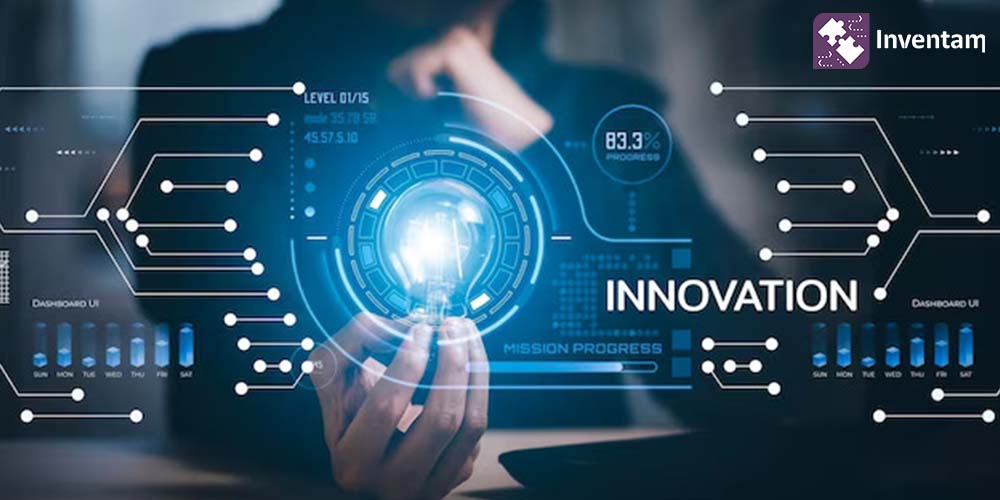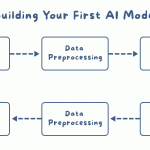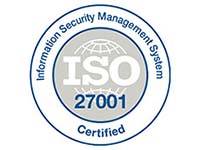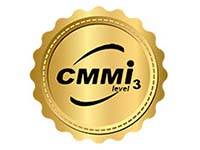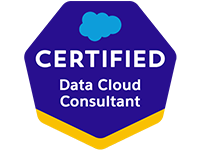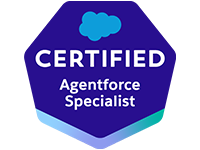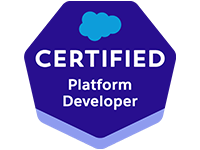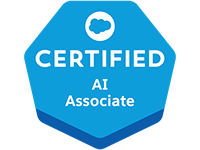As we stand at the intersection of technology, globalization, and changing workforce expectations, the future of work is undergoing a profound transformation. As the HR manager at Inventam Tech Solution (OPC) Pvt. Ltd., I am keenly aware of the importance of adapting to these dynamic changes to ensure that our organization remains at the forefront of innovation. In this blog post, we’ll explore the key trends and technologies shaping the future of work and discuss strategies for adaptation.
1. The Integration of Artificial Intelligence (AI) and Automation:
AI and automation are revolutionizing how tasks are performed across industries. From streamlining repetitive tasks to enhancing data analysis, these technologies are reshaping job roles and creating new opportunities for innovation.
Action Points:
- Invest in AI-driven tools for data analytics and decision-making.
- Provide training for employees to adapt to automated processes.
- Explore AI-driven solutions for recruitment and HR operations.
2. Building Agile Workforces:
Agility is key in the future workplace. The ability to adapt quickly to changing circumstances and market demands is crucial for organizational success. Companies are increasingly adopting agile methodologies not only in development but also in their overall business strategies.
Action Points:
- Foster a culture of continuous learning and adaptability.
- Implement agile project management methodologies.
- Encourage cross-functional collaboration and knowledge-sharing.
3. Focus on Employee Experience and Well-Being:
The future of work places a heightened emphasis on the employee experience. Organizations that prioritize the well-being of their employees create a positive workplace culture that attracts and retains top talent.
Action Points:
- Implement wellness programs and mental health initiatives.
- Encourage work-life balance through flexible policies.
- Collect and act on employee feedback to enhance the workplace experience.
4. Upskilling and Reskilling for Continuous Learning:
With the rapid pace of technological change, continuous learning has become imperative. Companies that invest in upskilling and reskilling programs empower their employees to stay relevant and contribute to the organization’s growth.
Action Points:
- Identify key skills needed for the future and create training programs.
- Encourage employees to take ownership of their professional development.
- Establish partnerships with educational institutions for specialized training.
5. Diversity, Equity, and Inclusion (DEI) as a Business Imperative:
A diverse and inclusive workplace is not only a moral imperative but a strategic advantage. Companies that prioritize DEI initiatives benefit from a variety of perspectives, increased innovation, and improved decision-making.
Action Points:
- Implement and communicate DEI policies and initiatives.
- Provide diversity training for employees and leadership.
- Regularly assess and update diversity metrics and goals.
Conclusion: Paving the Way for a Future-Ready Workplace
As we navigate the evolving landscape of work, adaptability and innovation will be our guiding principles. By leveraging technology, fostering agility, prioritizing employee experience, investing in continuous learning, and championing diversity and inclusion, we are not just preparing for the future of work – we are actively shaping it.
At Inventam, we are committed to staying ahead of these trends, ensuring that our workforce remains agile, engaged, and equipped with the skills needed to thrive in the future. Join us on this journey toward a future-ready workplace, where innovation and adaptability lead the way.


